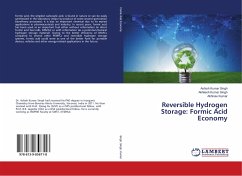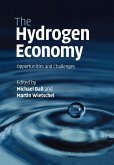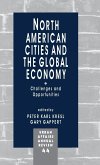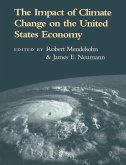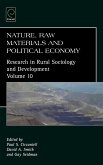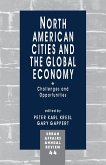Formic acid, the simplest carboxylic acid, is found in nature or can be easily synthesized in the laboratory (major by-product of some second generation biorefinery processes); it is also an important chemical due to its myriad applications in pharmaceuticals and industry. In recent years, formic acid has been used as an important fuel either without reformation (in direct formic acid fuel cells, DFAFCs) or with reformation (as a potential chemical hydrogen storage material). Owing to the better efficiency of DFAFCs compared to several other PEMFCs and reversible hydrogen storage systems, formic acid could serve as one of the better fuels for portable devices, vehicles and other energy-related applications in the future.

